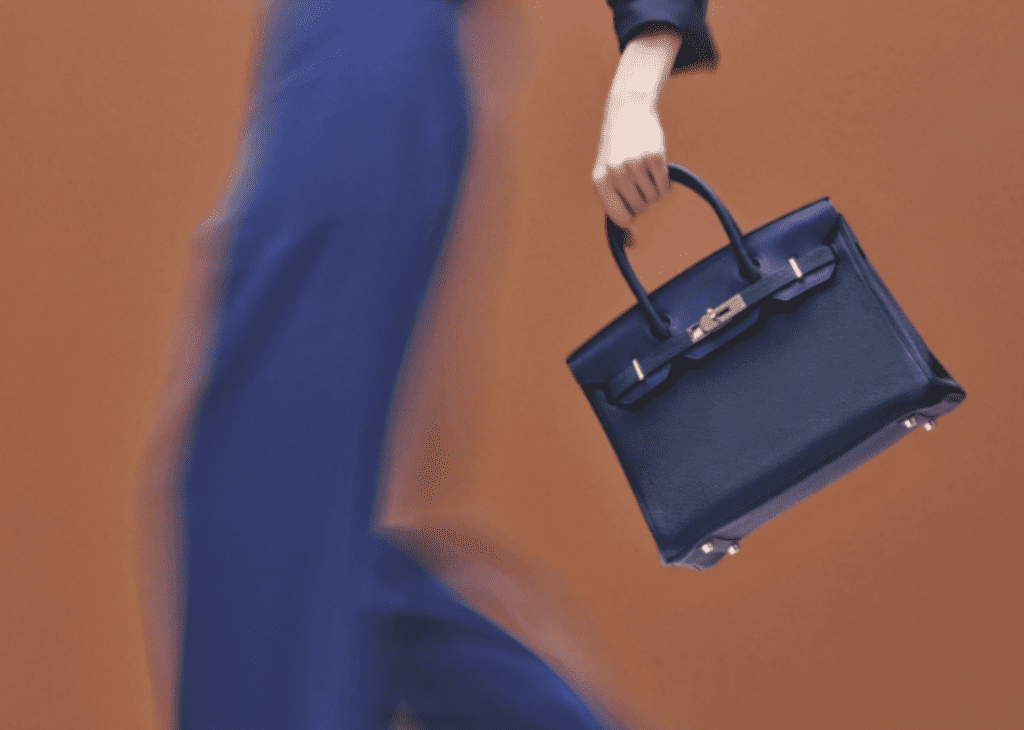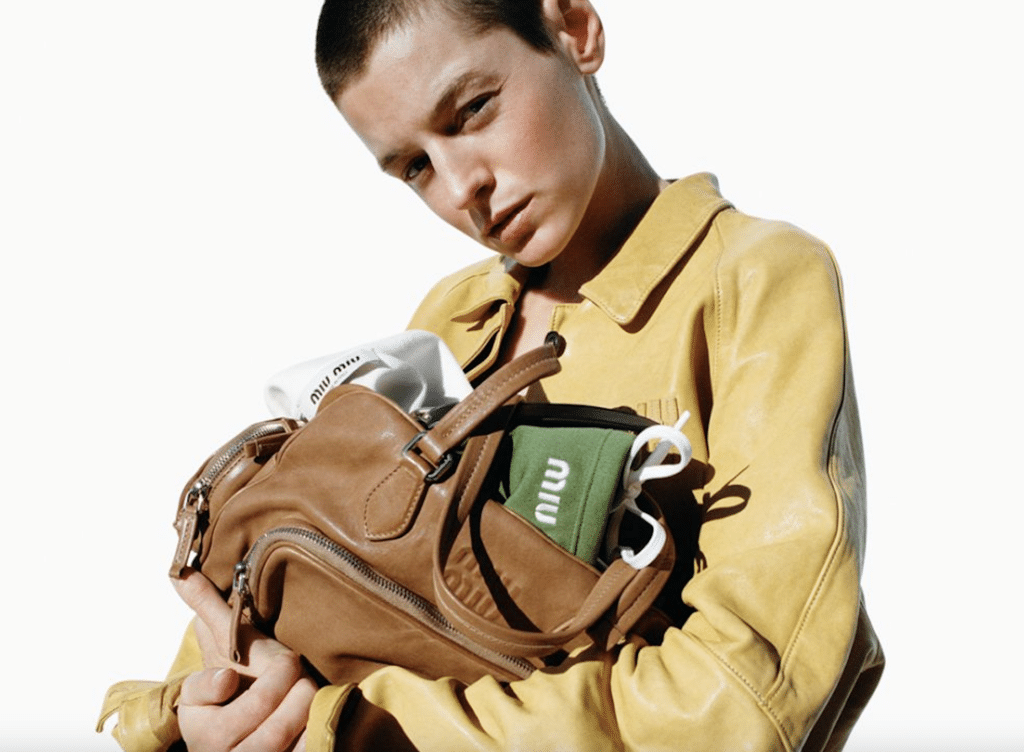Hermès continues to grapple with allegations of monopolization, restraint of trade, and unfair competition surrounding the sale of its Birkin bags. The plaintiffs in a headline-making class action lawsuit against Hermès have filed an amended complaint with the U.S. District Court for the Northern District of California, alleging that the French luxury goods brand has exploited the “market power” it derives from the “unique desirability, incredible demand, and low supply” of its Birkin to “artificially inflat[e] the true cost” of the bags and drive revenue by “unlawfully … tying the purchase of [its] popular Birkin bags to the purchase of other [Hermès products].”
The lawsuit, which was first waged by Tina Cavalleri and Mark Glinoga in March and subsequently amended in May, was updated again last week, with Cavalleri, Glinoga, and fellow named plaintiff Mengyao Yang (the “plaintiffs”) expanding on the harm that is allegedly being caused by Hermès’ conditioning of its hard-to-get Birkin handbags on consumers’ purchase of ancillary, non-handbags products from Hermès. According to the October 11 amended complaint, Hermès’ market power has allegedly enabled it inflate the price of its Birkin bags by requiring consumers to buy other Hermès products in order to get a chance to then purchase a Birkin (or a Kelly) bag.
The plaintiffs claim that “Hermès Sales Associates are tasked … with selecting those consumers who are qualified to purchase Birkin handbags,” and are directed by Hermès to “only offer Birkin handbags to consumers who have established a sufficient ‘purchase history’ … of [Hermès] ancillary products,” including scarves, shoes, belts, jewelry, and homewares. The plaintiffs argue that Hermès has forced customers to purchase ancillary products they do not want in order to have the chance to buy a Birkin, stating that “[c]onsumers cannot simply walk into a Hermès retail store, pick out the Birkin handbag they want and purchase it.”
A “Hidden Lottery” System & Alleged Consumer Coercion
The amended complaint expands on the alleged economic harm caused by Hermès’ “tying scheme,” with the plaintiffs claiming that Hermès’ practices “artificially inflate the true prices of their handbags.” Specifically, they maintain that “the nominal retail price of a Birkin bag” – which routinely cost upwards of $10,000 – is “a facade, masking a hidden lottery system that forces consumers to purchase substantial amounts of Hermès ancillary products.” This “predatory practice” not only “drives up the true price of the Birkin bag, which includes the cost of these coerced ancillary product purchases, but also generates additional revenue for [Hermès] from consumers who never ‘qualify’ and are left with Hermès ancillary products that they never would have purchased but for their desire to acquire a Birkin bag.”
Hermès’ alleged allocation system represents “a blatant abuse of market power and a deliberate deception of consumers, resulting in substantial financial harm to [consumers],” according to Cavalleri and co.
Moreover, the plaintiffs allege that by “coercing consumers into purchasing ancillary products,” Hermès essentially strong-arms them into buying these products from it (as opposed to other luxury brands, such as Chanel or Louis Vuitton), as consumers feel compelled to meet Hermès’ requirements to gain access to its much sought-after Birkin bags. This has a negative effect on competition in the luxury segment, they claim. Beyond that, the amended complaint further details how Hermès sales practices create an artificially unattainable environment surrounding its handbags due to their “dominant market position.” That position, according to the complaint, effectively coerces consumers into spending more than they intend.
Market Power and Resale Value
Finally, the complaint emphasizes Hermès’ dominance in the “Elitist Luxury Handbag Market” – which the plaintiffs identify as the relevant market at issue – as a key factor in its alleged anti-competitive practices. The plaintiffs assert that Hermès’ Birkin bags constitute “between 60 percent and 75 percent of the Elitist Luxury Handbag Market,” a niche characterized by “high price points, superior craftsmanship and materials, and investment potential.” This dominance allows Hermès to dictate market conditions and manipulate both supply and demand to its advantage, they contend.
The resale market for Birkin handbags further illustrates the scheme that Hermès has constructed, according to the plaintiffs, who claim that “a standard leather Birkin handbag can resell for 1.5 to 3 times its original retail price, while exotic skin Birkin bags command even higher premiums, often fetching 2 to 5 times their original price or more.” This discrepancy between the retail and resale prices of Birkin bags demonstrates that the advertised price of a Birkin does not reflect the true cost that customers must incur, they argue, in a nod to the ancillary products that must be purchased before customers can potentially get their hands on a Birkin.
The plaintiffs continue to seek monetary damages and injunctive relief to halt Hermès’ alleged tying practices, which they contend violate antitrust laws under the Sherman Act and various California state statutes.
The plaintiffs’ third complaint comes on the heels of Hermès pushing back against their claims, arguing in a motion to dismiss in September that they do not allege that it has the necessary monopoly or market power in the tying product market, and similarly do not define the tied market or allege that Hermès’ practices have resulted in any antitrust injury. Among other things, Hermès has argued that it does not maintain market power in the luxury handbag market because while it “has desirable products and has developed a devoted customer base,” it only occupies “a small slice of any alleged luxury handbag market.”
The case is Cavalleri, et al. v. Hermès International, et al., 3:24-cv-01707 (N.D. Cal.)











